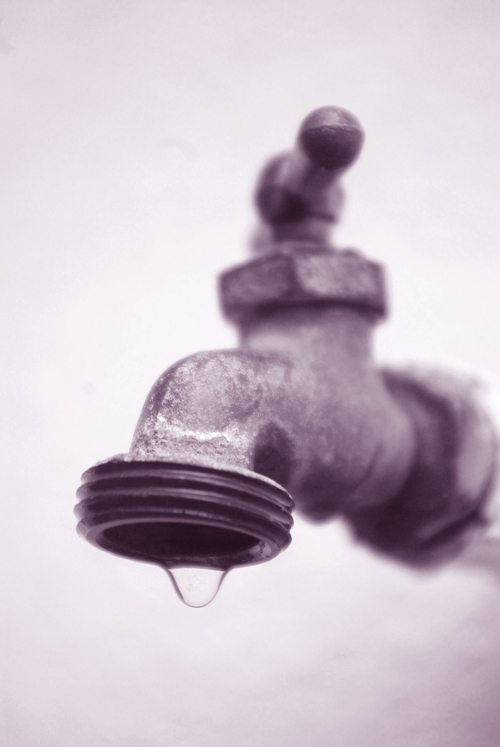Household Bills
Brits to drown in bills as water price hike comes into play

Households face yet another hit to their finances with the average water bill set to rise by 3.5% from Monday.
The average annual bill for water and sewerage will increase to £388 in 2013 from £375 in 2012 after regulator Ofwat’s water price hike comes into effect on 1 April.
Households could now have to cough up a record £1,740 a year on water, sewerage and energy alone.
According to comparison site uSwitch.com, consumers who are still reeling from the latest round of energy price rises from the ‘big six’ suppliers should not discount the possibility of even more energy price hikes to come.
Ann Robinson, director of consumer policy at uSwitch.com, said: “Ofwat’s price hike coming into play on Easter Monday will leave many households drowning as they try and keep on top of their increasing bills.
“The relentless rise in the cost of household bills could leave consumers simply unable to stay afloat. And despite recent profit announcements, energy suppliers have not ruled out further price rises this year so the squeeze on household budgets could continue to tighten.”
Households are being urged to act to ensure they are not paying over the odds for household bills.
Although there may not be the option of switching to a cheaper water supplier, households can move to a water meter, which according to uSwitch.com, could shave off £54 a year from water bills..
Robinson added: “As a rule of thumb, if there are more bedrooms than people in a household then a water meter could be more cost effective.
“When looking into cutting costs on your water bill, sometimes a few simple measures can stop your hard earned cash going down the drain.”
Pros and cons of being on a water meter:
• If you are on a meter, you only pay for what you use, which means that cutting back on the amount you use will save you money.
• If you switch to a water meter and find that you are not saving money or are unhappy with the change, you can switch back to unmeasured charging within 12 months.
• The general rule of thumb: if there are less people in your house than bedrooms (e.g. two people living in a four bedroom family home) then you could save money by switching to a water meter.
• For larger families, being on a water meter may not be cost effective as your water consumption may be high. Customers living in compulsory metering areas will need support in regulating and reducing consumption.
For more on water meters, see our quick guide here.